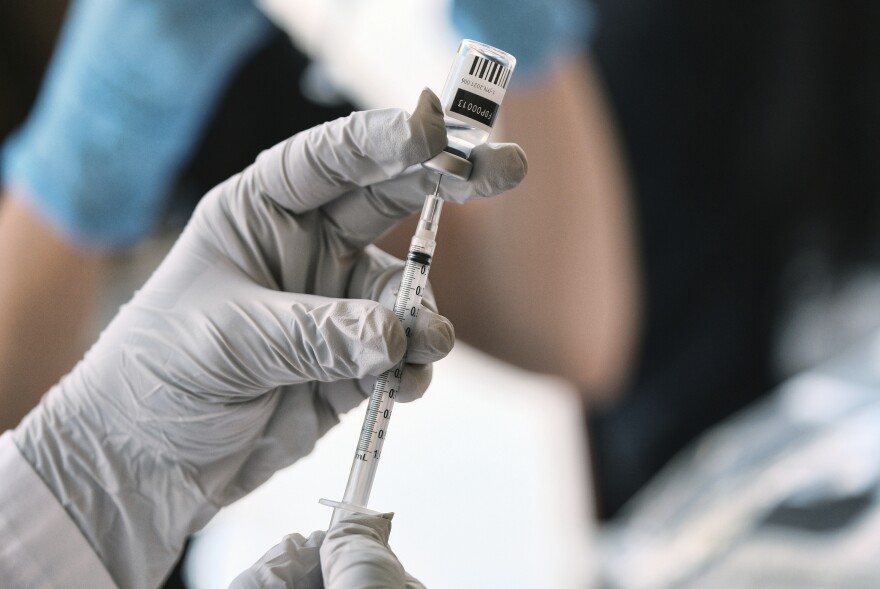This story was originally published by the Carolina Public Press.
So far, there have been no cases of monkeypox detected in state prisons, and the state’s prison system is preparing for the virus, a prison system spokesman said Wednesday.
Monkeypox spreads from skin-to-skin contact, contact with clothes or linens used by someone with monkeypox, exposure to respiratory droplets or other bodily fluids from someone with the virus.
The state prison system is currently screening prison residents for monkeypox and offering “targeted vaccination in accordance with (federal and state) guidelines, sanitization, testing protocols, contact tracing, isolation and quarantine procedures, as well as treatment,” said John Bull, spokesman for the N.C. Department of Public Safety.
All currently incarcerated people are screened once, and new residents are screened when they arrive, Bull said. The screen is a questionnaire “to better determine the risk of an offender contracting monkeypox,” Bull said.
“In the event individuals are suspected of having the virus, they will be presumptively isolated. If lab results confirm the monkeypox diagnosis, further interventions will be determined through extensive contact tracing,” Bull said.
Bull said the agency is also trying to reduce the stigma associated with monkeypox.
During a recent town hall on monkeypox and the state prison system, a slideshow said that prison leadership “has waived adverse actions for any conduct which offenders divulge during contact tracing that, under normal circumstances, could be an infraction (such as intimate contact with other offenders.)”
The system is also waiving all medical copays related to monkeypox concerns.
At least 13,500 people in the United States have been confirmed as infected with monkeypox, according to the national Centers for Disease Control and Prevention. This includes 188 cases in North Carolina, according to the N.C. Department of Health and Human Services.
North Carolina’s first case was identified on June 23. According to state health information, nearly all monkeypox cases in North Carolina have been in men who have had sex with men.
Amid soaring infections, on July 23, the World Health Organization declared monkeypox a global health emergency.
If there is a monkeypox outbreak in the state prison system, Bull said, the agency has contracts with outside medical experts, including UNC Health.
“Prisons has adequate doses of vaccine on hand and has administered vaccine to individuals who meet the current criteria established by NCDHHS,” he said.
That includes gay or bisexual men, or transgender people who report having multiple sexual partners or anonymous sex, anyone who has been diagnosed with a sexually transmitted infection and those who are taking medications to prevent HIV infection.
Those infected with monkeypox can have painful, suppurating lesions that can last for weeks. People are no longer infectious once the scabs have fallen off and a new layer of skin has formed, according to the CDC.






